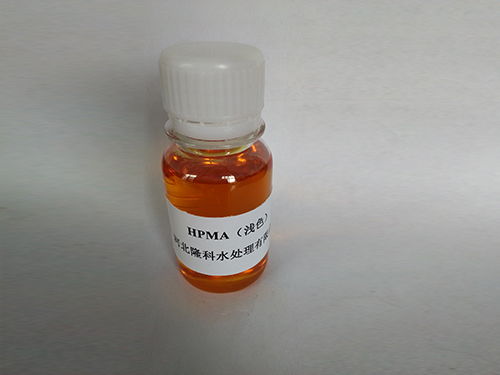Exploring the Role of Flocculation Chemicals in Water Treatment Processes and Applications
Flocculation Chemicals An Essential Component in Water Treatment
Flocculation is a vital process in water treatment that involves the aggregation of fine particles into a floc or a larger mass, which can then be easily removed from water. This process is crucial for improving water clarity, removing contaminants, and ensuring safe drinking water. At the heart of flocculation are flocculation chemicals, which play a pivotal role in facilitating this essential procedure.
Understanding Flocculation
Flocculation occurs naturally in many environments but is often significantly enhanced by chemical additives. The primary objective is to promote the clumping of particles, allowing them to settle faster when subjected to gravity (sedimentation) or to be removed through filtration. This process is particularly essential in various industries such as municipal water treatment, wastewater management, and even food production.
Types of Flocculation Chemicals
Flocculation chemicals can be broadly categorized into two main types coagulants and flocculants
.1. Coagulants These are chemicals that destabilize colloidal suspensions in water by neutralizing the electrical charges that keep particles dispersed. Common coagulants include aluminum sulfate (alum), ferric sulfate, and polyaluminum chloride. When these substances are added to water, they create micro-flocs that can further aggregate into larger particles through the action of flocculants.
2. Flocculants Once coagulants have formed the initial micro-flocs, flocculants take over to facilitate the growth and settling of the flocs. They are usually high molecular weight polymers that help bind the micro-flocs into larger aggregates. Common flocculants include polyacrylamide and various natural polysaccharides. The choice of flocculant depends on the specific characteristics of the water being treated and the contaminants present.
flocculation chemicals

Applications of Flocculation Chemicals
Flocculation chemicals have a wide array of applications. In municipal water treatment, these chemicals ensure that large quantities of water can be efficiently treated to remove impurities before distribution. For industrial wastewater treatment, flocculation helps mitigate the environmental impact of discharge by effectively removing many contaminants. Additionally, in the food and beverage industry, flocculation aids in processes such as juice clarification and the production of beer.
Environmental Considerations
While flocculation chemicals are essential for effective water treatment, their use must be managed carefully. Some flocculant and coagulant residues can become environmental pollutants if not adequately removed during post-treatment processes. Thus, the trend has been towards developing more environmentally friendly options. For instance, natural coagulants derived from plant extracts or organic matter present a sustainable alternative to conventional chemicals.
The Future of Flocculation in Water Treatment
As global water scarcity and pollution levels rise, the demand for effective and efficient water treatment methods will only increase. The development of advanced flocculation technologies, such as the use of eco-friendly biopolymers or innovative hybrid systems combining traditional methods with new technologies, is an area of intense research. These advancements could lead to improved efficiency, lower costs, and reduced environmental impact.
Conclusion
Flocculation chemicals are indispensable in the quest for clean and safe drinking water. By understanding their functions and applications, water treatment facilities can optimize their processes to deliver better quality water. As the industry evolves, continued research and innovation will ensure that flocculation remains an effective method for addressing the growing challenges of water treatment in a sustainable manner. Through responsible management and the implementation of new technologies, the benefits of flocculation can be realized without compromising the health of our ecosystems.
-
lk-319-special-scale-and-corrosion-inhibitor-for-steel-plants-advanced-solutions-for-industrial-water-systemsNewsAug.22,2025
-
flocculant-water-treatment-essential-chemical-solutions-for-purification-processesNewsAug.22,2025
-
isothiazolinones-versatile-microbial-control-agents-for-industrial-and-consumer-applicationsNewsAug.22,2025
-
scale-inhibitor-key-solutions-for-water-system-scale-preventionNewsAug.22,2025
-
organophosphonates-versatile-scale-inhibitors-for-industrial-water-systemsNewsAug.22,2025
-
scale-and-corrosion-inhibitor-essential-chemical-solutions-for-water-system-maintenanceNewsAug.22,2025





